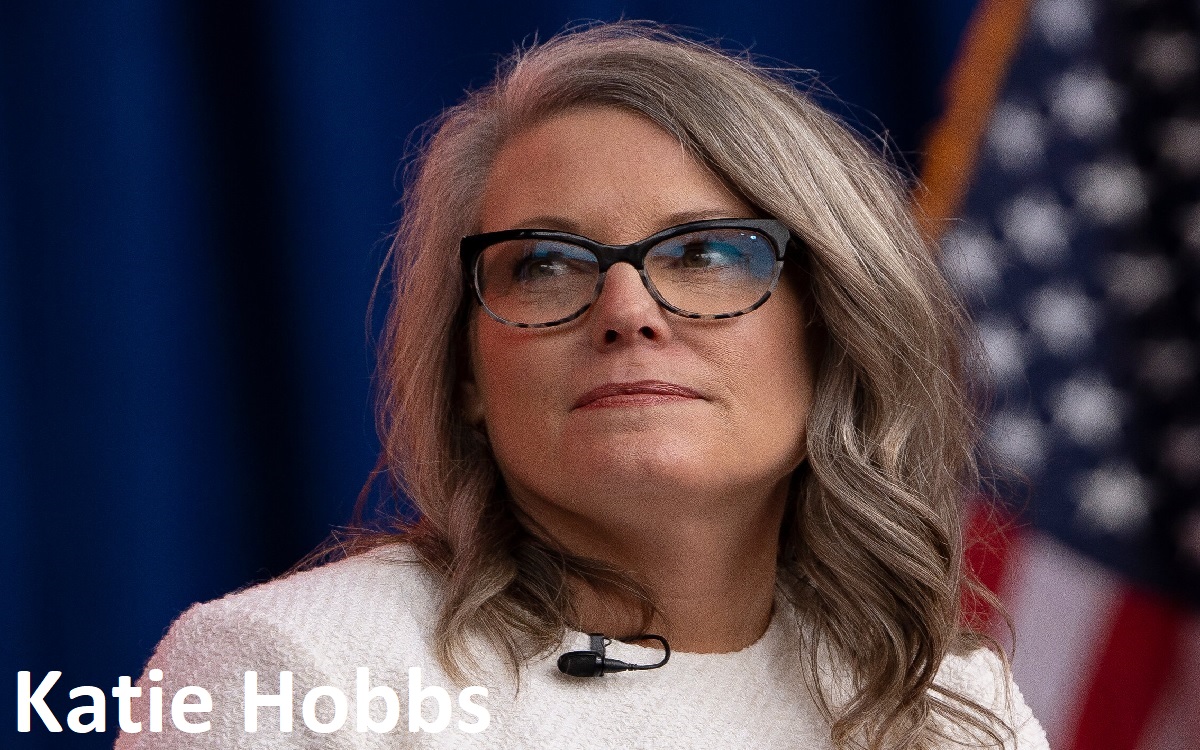|
Getting your Trinity Audio player ready...
|
In a groundbreaking move, Arizona Governor Katie Hobbs has signed into law a bill that prohibits the use of court-ordered reunification treatment programs. The new legislation, which went into effect on April 15th, 2024, aims to protect vulnerable children and families from the potentially harmful consequences of these controversial practices.
Reunification treatment, also known as family reunification therapy, is a court-ordered process that attempts to restore relationships between children who have been removed from their homes due to abuse or neglect, and their biological parents. The goal of these programs is to facilitate reconciliation and the eventual return of the child to the family. However, the new law in Arizona has brought this practice under intense scrutiny.
According to the bill’s sponsors, the legislation was driven by growing concerns about the efficacy and ethical implications of court-ordered reunification treatment.
There is mounting evidence that these programs can do more harm than good, particularly in cases involving severe abuse or neglect,
said State Senator Emily Ramirez, one of the bill’s primary authors.
We have a responsibility to protect the wellbeing of children, and this law is a crucial step in that direction.
The new law prohibits courts from ordering parents to participate in reunification treatment programs, even in cases where the child has been removed from the home.

Instead, the decision to pursue reunification will be left entirely to the discretion of the family and their legal representatives, in consultation with child welfare professionals.
Advocates for the law argue that this approach will empower families to make informed choices about the best path forward, rather than being forced into a potentially traumatic process.
Families should have the right to decide whether reunification is the right choice for them, without interference from the court system,
said Leila Gomez, the executive director of the Arizona Family Rights Association.
However, the new law has faced some pushback from legal experts and child welfare organizations. Some argue that the blanket ban on court-ordered reunification treatment may undermine the ability of the justice system to protect children in certain cases.
There are situations where reunification treatment, when implemented properly and with the appropriate safeguards, can be a valuable tool for helping families heal and rebuild their relationships,
said Dr. Natalie Hernandez, a child psychologist who has studied the impacts of these programs.
By removing this option entirely, we may be depriving some families of a crucial pathway to reconciliation.
Despite these concerns, Governor Hobbs and the bill’s supporters remain steadfast in their belief that the new law represents a positive step forward for child welfare in Arizona. They argue that the potential risks of court-ordered reunification treatment outweigh any potential benefits, and that families should have the autonomy to make these decisions for themselves.
As the new law goes into effect, legal and child welfare experts will be closely monitoring its impact on families and child outcomes.
The debate over the merits of reunification treatment is likely to continue, as policymakers and advocates grapple with the complex issues surrounding the protection of vulnerable children and the rights of families.
For More News Update Visit California News



